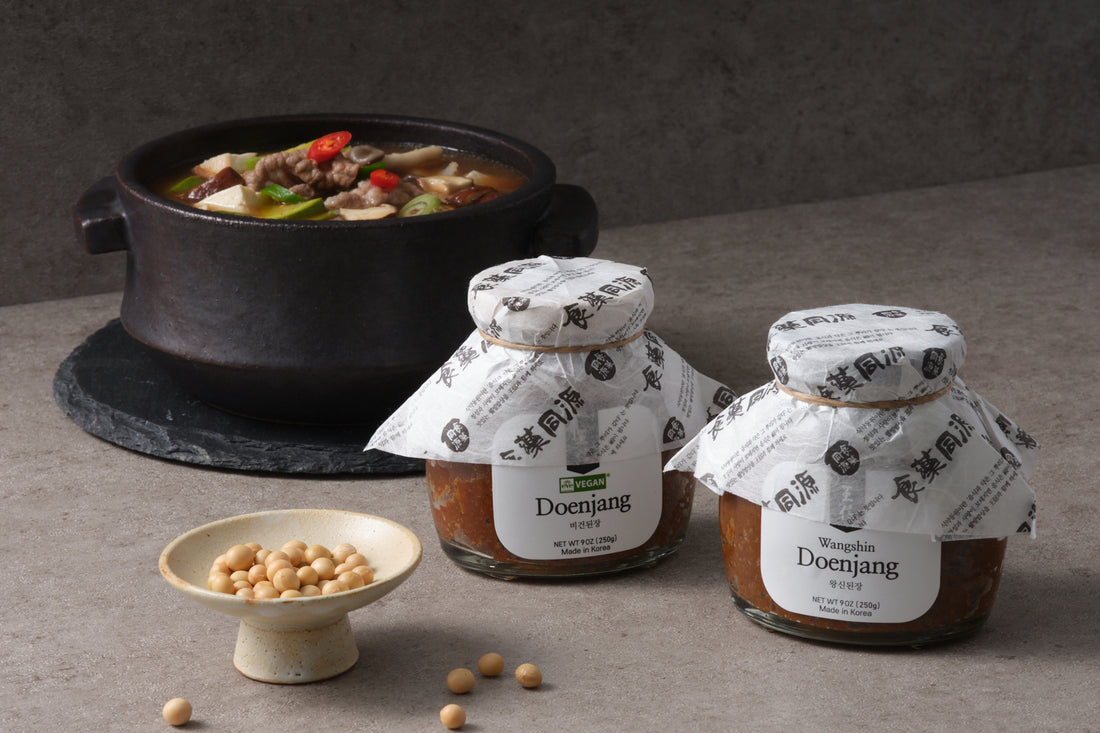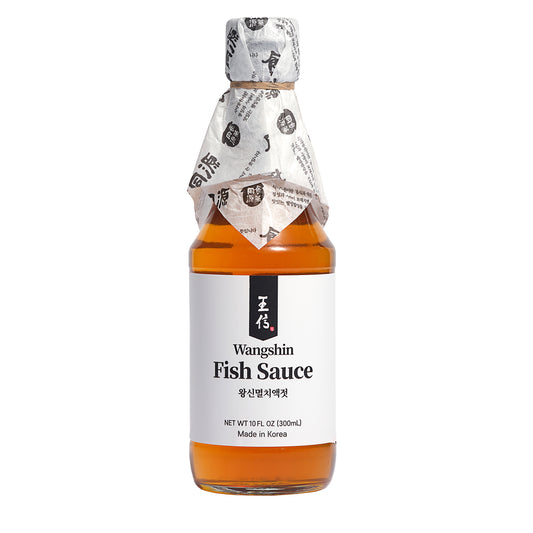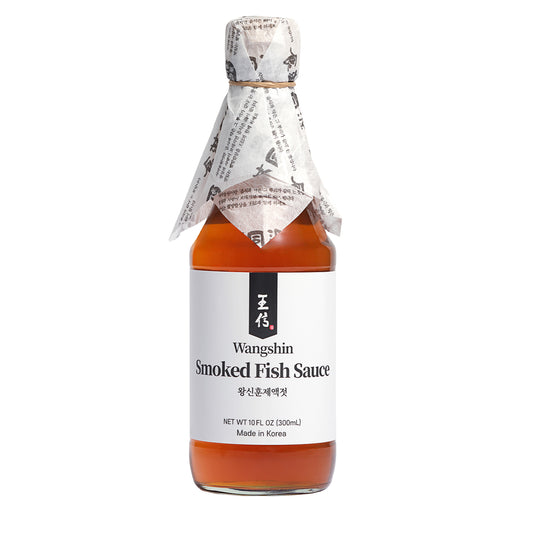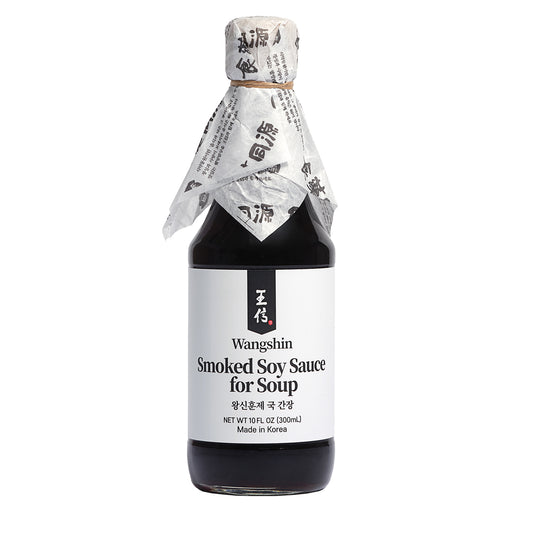Fermentation Process and Duration
A pivotal difference is found in the fermentation duration and conditions of the Maeju used for each type of Doenjang. While the traditional Doenjang employs Maeju fermented for a period of 2 to 3 months with an addition of fish sauce for enhanced flavor, the Vegan Doenjang opts for a more extended fermentation period of over one year. This extended fermentation takes place in specially designed facilities that provide optimal conditions for a diverse microbial ecosystem to thrive. The longer fermentation allows for a deeper breakdown of the soybeans plant fibres, resulting in a transformation that imparts unique flavours and textures to the Vegan Doenjang. This process is crucial for developing a product that, while vegan, still offers a complex flavour profile reminiscent of traditional Doenjang but with its own distinct characteristics.
Ingredients and Flavor Development
The Vegan Doenjang's formulation excludes fish sauce, adhering to vegan principles. Instead, the depth of flavour is achieved through the natural progression of the fermentation process, where the diverse consortium of microorganisms plays a vital role. These microorganisms work to break down the soybeans' structure, transforming the beans into a product rich in umami and other complex flavours without the need for animal-derived ingredients. This approach not only caters to vegan and vegetarian consumers but also to those looking for a Doenjang with a different, possibly milder, flavour profile compared to the more intensely flavoured traditional Doenjang.
Ethical and Dietary Considerations
Wangshin's Vegan Doenjang is a response to growing consumer demand for plant-based and ethically produced food products. By offering a vegan alternative, Wangshin caters to a broad audience, including individuals following a vegan diet, those with dietary restrictions, and consumers interested in sustainable and cruelty-free food options. This product aligns with ethical eating practices while still providing the rich, savoury flavours associated with traditional Korean fermented soybean pastes.
Market Positioning
Wangshin's decision to produce both traditional and Vegan Doenjang reflects a strategic positioning within the market, acknowledging the importance of tradition while embracing contemporary dietary trends. The Vegan Doenjang is not merely an alternative but a standalone product that offers a unique taste experience, underpinned by a year-long fermentation process and a dedication to vegan principles.
Wangshin Vegan Doenjang distinguishes itself through an extended fermentation process, the exclusion of animal products, and a focus on sustainable and ethical food production. These differences cater to a diverse consumer base, offering choices that align with various ethical, dietary, and flavor preferences. Through these products, Wangshin demonstrates a commitment to traditional fermentation arts while innovatively adapting to modern culinary needs and values.




